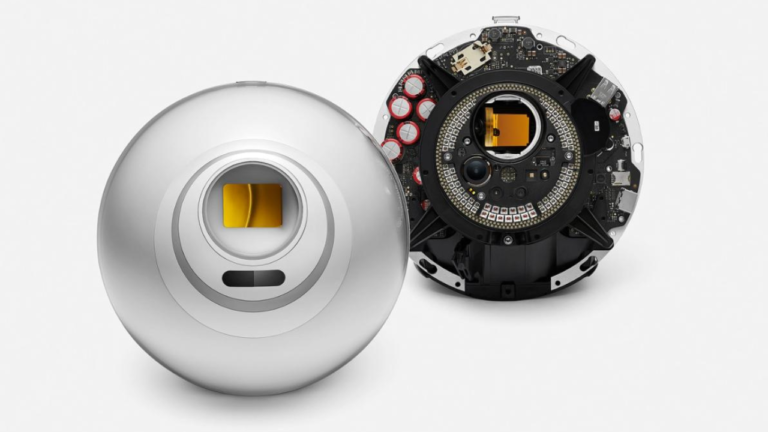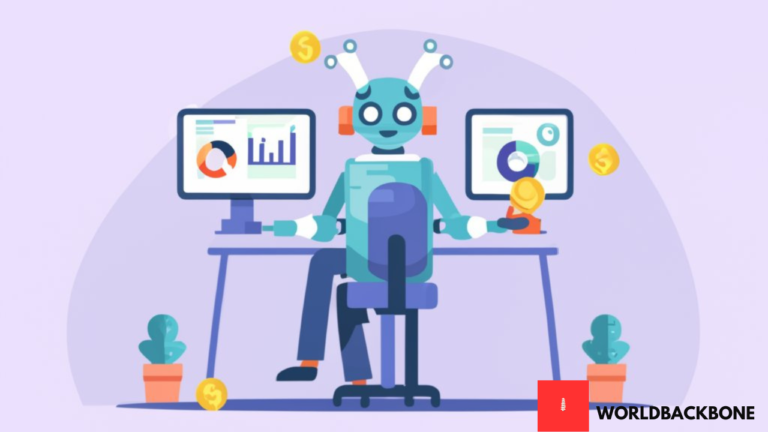Tech Magic: See how healthcare is changing because of these 10 things
Healthcare technology has fundamentally altered the landscape of medical care. Let’s delve deeper into the transformative impact of technological advancements:

by TAUHID SHAH: January 5: Friday: 04:04 PM | 2024 Update
Table of Contents
The Evolution of Healthcare Technology
The fusion of technology and healthcare has catalyzed monumental changes in how we perceive, diagnose, and treat ailments. This synergy has propelled the healthcare sector into a new era of innovation and efficiency.
The Impact of AI and Machine Learning in Healthcare
Enhanced Diagnostics
AI and Machine Learning algorithms have redefined diagnostic accuracy and speed. By swiftly analyzing extensive medical data, these technologies detect diseases earlier and enable more proactive treatment.

Personalized Treatment Plans
The beauty of AI lies in its ability to craft personalized treatment plans based on individual patient data. This tailored approach optimizes treatment outcomes while minimizing side effects.
Telemedicine: Revolutionizing Healthcare Access
Remote Consultations
Telemedicine transcends geographical barriers, offering remote consultations and timely medical advice. This advancement significantly improves healthcare accessibility, especially in underserved regions.

Remote Monitoring and Follow-ups
The integration of telemedicine allows continuous patient monitoring and follow-ups. Patients can receive ongoing care and support without the need for frequent in-person visits.
Wearable Technology: Improving Patient Monitoring
Real-time Data Collection
Wearable devices collect real-time health data, empowering individuals to actively manage their well-being. From tracking heart rate to monitoring glucose levels, these gadgets provide valuable insights.

Chronic Condition Management
For those with chronic conditions, wearables facilitate constant monitoring, aiding in early detection of any deviations from normal health parameters.
Blockchain in Healthcare: Ensuring Security and Transparency
Secure Health Records
Blockchain technology ensures the security and integrity of medical records. It provides a tamper-proof system, safeguarding sensitive patient information.

Transparent Transactions
The transparency offered by blockchain minimizes discrepancies in medical billing and insurance claims, fostering trust between patients and healthcare providers.
Healthcare Robotics: Transforming Patient Care
Precision and Efficiency
Robots equipped with AI capabilities enhance precision in surgeries and routine patient care tasks. They reduce human error, ensuring safer procedures.
Patient Interaction
Robotic companions offer emotional support and assistance to patients, enhancing their overall experience within healthcare facilities.
Big Data Analytics: Driving Insights for Better Healthcare
Predictive Analytics
Leveraging big data, healthcare professionals predict trends and potential outbreaks, enabling proactive measures for public health management.

Research Advancements
Big data analytics aid in research by identifying patterns and correlations, expediting the development of new drugs and treatment methodologies.
The Role of Virtual Reality (VR) in Healthcare
Therapeutic Applications
VR technology is used in therapy for pain management, treating anxiety disorders, and even in exposure therapy for phobias.

Training and Education
It revolutionizes medical training by simulating real-life scenarios, allowing healthcare professionals to hone their skills in a risk-free environment.
Augmented Reality (AR) in Surgical Procedures
Enhanced Surgical Precision
AR assists surgeons by overlaying vital information during operations, enhancing precision, and reducing surgical risks.
Medical Training
It serves as a valuable tool in medical education, providing immersive learning experiences for students and practitioners.
Internet of Medical Things (IoMT): Connecting Healthcare Devices
Interconnectivity
IoMT connects medical devices, allowing seamless sharing of data between devices and healthcare providers for more informed decision-making.
Remote Monitoring and Intervention
It enables remote monitoring of patients, facilitating timely interventions and personalized care plans.
Challenges and Ethical Considerations in Tech-Driven Healthcare
Data Security and Privacy
Ensuring robust cybersecurity measures to protect sensitive patient data remains a paramount concern.
Ethical Dilemmas
Balancing technological advancements with ethical considerations, such as AI decision-making and patient consent, poses challenges.
Future Trends and Innovations in Healthcare Technology
AI Advancements
AI will continue to evolve, aiding in faster and more accurate diagnoses, and enabling predictive analytics for disease prevention.

Nanotechnology and Biotechnology
Advancements in these fields hold promise for targeted drug delivery and personalized medicine, revolutionizing treatment approaches.
Conclusion: Embracing the Tech-Infused Future of Healthcare
The marriage of technology and healthcare promises an exciting future. Embracing these innovations can lead to more accessible, efficient, and patient-centric healthcare systems worldwide.
FAQs
- How has AI transformed healthcare?
- AI has revolutionized diagnostics, and personalized treatment plans, and enabled predictive analytics.
- What role does blockchain play in healthcare?
- Blockchain ensures secure data management and transparent transactions in healthcare.
- Are there challenges in tech-driven healthcare?
- Yes, challenges include data security, ethical dilemmas, and ensuring equitable access to technology.
- What are the future trends in healthcare technology?
- Future trends involve AI advancements, nanotechnology, and biotechnology for personalized medicine.
- How does telemedicine impact healthcare accessibility?
- Telemedicine allows remote consultations, improving access to healthcare, especially in underserved areas.




